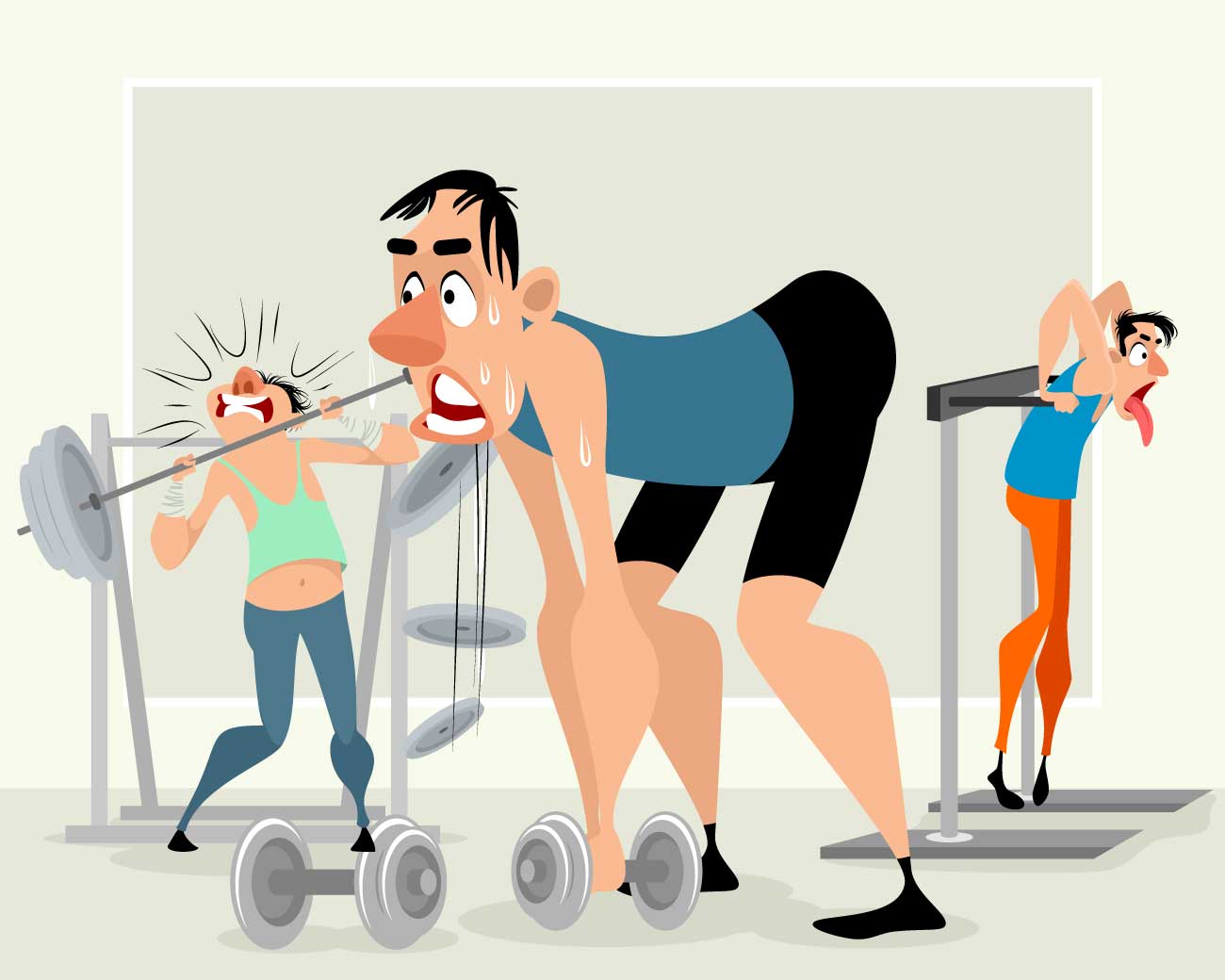A lot of people struggle with depression. There’s no shame in that, and it doesn’t mean you can’t have a normal life or a perfectly healthy relationship. If you’re having a hard time in your current relationship or maybe you’re reluctant to start something new because of mental health issues, I hope this can help you out. Let’s talk about what you should know about depression and dating.
You’re not alone.
Be there for them
I just want to start this out by saying you’re not their therapist! (Even if you are a licensed therapist, it’s probably not healthy to be their therapist). Support your partner however you can and be there for them in their low points, but it isn’t your job to monitor their mental health.
The best way to be there for someone struggling with depression is to be willing to listen to them. Let them vent or just sit there with them quietly. It can mean the world to just hold their hand while they process their feelings.
Avoid giving advice
You may have the absolute best intentions, but it can be frustrating to open up to someone about an issue and get a bulleted list of things you should be doing instead of complaining. The golden rule is don’t give advice to someone unless they ask for it.
Even if your heart is in the right place, it can make going to you later on a lot harder. When you want to vent or talk about how you’re feeling, and someone shoves in your face all the things you could do- some you might have already tried!- it’s not very appealing to open up to them again.
Ask them the best way to communicate
No one is going to know better than your partner the best way to communicate with them. Are they better at talking or maybe writing? Even getting them a small gift or some food could help remind them that you’re there and want to know they are okay.
If you don’t quite get it, it’s kind of like asking about their love language. In my case, I find it easier to write things out. I can better explain how I’m feeling on paper and don’t have to worry about tripping over my tongue either.
Even if your partner doesn’t know their preferred method of communication, they can at least begin thinking about it and get back to you when they have the answer. Whether that means talking with them or writing them a note, or getting them something small to remind them you’re there for them and willing to listen whenever and however they want to talk.
Give them space… Just not too much space
I’m sure we all want to be alone at times. Being around people all the time is draining, and having alone time can be good for us. Being comfortable alone is pretty important and, in the long run, is going to do wonders for self-esteem. That being said, if your loved one has depression, you probably don’t want to leave them alone for too long.
When your mental health is bad, being alone with the bad thoughts doesn’t help. Struggling by yourself is a lot harder than doing it with someone close on your side. A supportive partner can help motivate you to get out of bed in the morning and makes mundane things that take too much energy actually seem fun.
Give yourself space too
Being in a relationship shouldn’t be a job or a chore. Take time for yourself where you’re not focused on your partner’s mental health. Burn out sucks, and it sucks even more when you’re emotionally burned out over your significant other. Then everyone is miserable.
Don’t smother your partner. You don’t need to be around them every minute of every day. They don’t need you to be a watchdog constantly staring down their every move. There’s a balance to everything, and finding that balance is going to make both you and your partner a lot happier. Be a romantic partner, not a warden.
Reassure them
We all need reassurances sometimes. Just little reminders that we’re worthy of love, that we aren’t complete failures, that it’s okay not to be happy all the time, that it’s okay to like things, that we don’t need to apologize for sharing our interests.
Even if your partner doesn’t have problems with their mental health, it can be nice to reassure them every once in a while. It is especially important for those whose brains are chemically imbalanced and working against them to be reminded that they have someone who cares about them.
I cannot count the number of times my loved ones struggling with mental health have apologized for talking about the things they like or for wanting my attention. The best way to help ease their anxiety is to just continue to tell them they don’t need to be sorry and engage in whatever they are interested in.
Everyone has low days
Nobody has only good days. Whether it’s because bad things happen, or you just don’t feel great for whatever reason. It’s an accomplishment to get through the bad days to enjoy the good ones, especially when it feels like the bad days seriously outnumber the good ones.
Helping be there for your partner and holding their hand through the bad will mean the world to them. Reassuring them that they aren’t alone can also be helpful. Knowing you’re there for them however they need and that other people are going through the same thing can take some of the weight off their shoulders.
Depression is NOT an excuse
Having poor mental health is hard. There are days when they won’t feel like themselves and probably won’t act like it either. That does not mean you have to put up with getting treated poorly, though.
Set boundaries
I touched on this a little bit earlier with setting time for yourself – but make sure you set boundaries and stick to them. Don’t let things slide just because your partner is dealing with something hard. If they can’t treat you with love and respect, then this isn’t the relationship for you.
Don’t let yourself get trapped. It can be easy to worry that your significant other could do something bad to themselves in response to something you do. After a fight, if you break up, or they misunderstand you, their actions are their own and you shouldn’t be bending over backward or letting someone treat you badly because of their mental health.
Don’t tolerate toxic behavior
It can be easy to lash out when you’re not feeling your best. That doesn’t make it okay, though. Don’t give someone a pass just because they’re hurting. Them being upset doesn’t give them the right to upset you too.
If your partner is having a low day and they try taking it out on you, make sure you stick to your boundaries and, if need be, remove yourself from the situation. You don’t have to subject yourself to abuse from anyone. Dating isn’t a situation where you drag the person you love down with you; it’s supposed to be a partnership where you build each other up.
Ask for Help
Dating someone struggling with their mental health isn’t easy. Odds are you aren’t a professional either, so there’s no shame in reaching out for help. Whether you need it personally or you just want to know the best ways to comfort your partner and help them get through the day, don’t feel bad. We all need help sometimes.
If you aren’t sure where to start to get help, head over to the Mayo Clinic’s website. There you’ll be able to find resources on how to spot the symptoms of depression, warning signs of harmful thoughts, and the best ways to encourage your loved one to seek treatment.
You can’t force anyone to get the help they aren’t ready for, but you can encourage them in your own way and be there with them through the process.
If your partner is already seeking help and you just need some yourself, check out some of our other blogs! We’ve got one all about things you shouldn’t say to someone struggling with their mental health (or anyone really) and even one about the benefits of therapy for everyone.
What do you think the hardest part of dating someone with depression is (or would be)?





[…] better understand them and how they go about their everyday lives. (Also, check out our blog about Dating and Depression and learn more about it.) Seasonal depression doesn’t mean someone is just sad, despite what […]